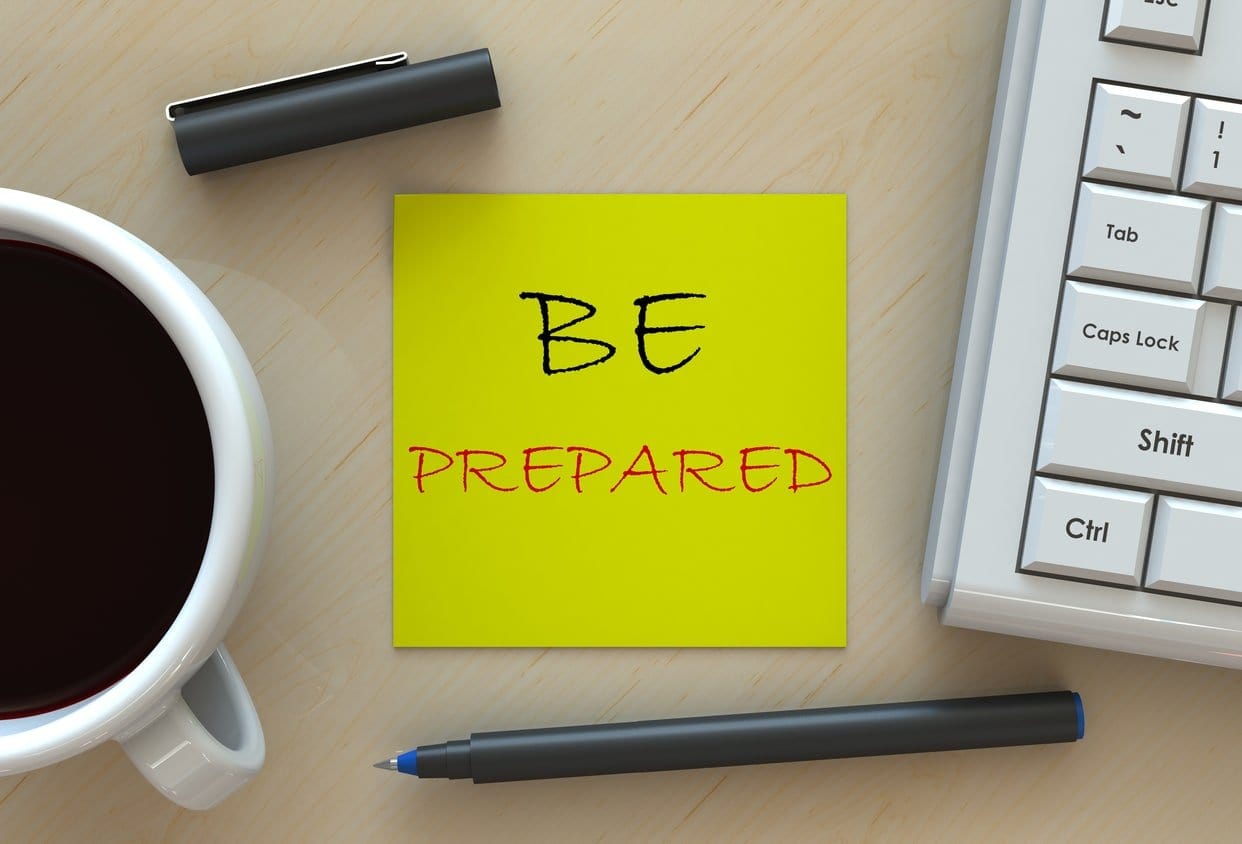By Kayla Caw, PR & Integrated Media Manager
A reporter calls and asks about rumors of embezzlement by a member of your leadership team. The relative of a resident publishes a series of online posts vilifying the care your community provided. Your Medicare rating dropped due to violations that caused harm. The community loses power during a storm. The building next door has an active shooter situation, forcing your community to go under lockdown. These are just a sampling of the unlimited number of crises that your community could face without notice. Are you prepared to respond with a communication plan?

In today’s world of instant information, where nearly one-third of the world’s population uses social media regularly, communities must be ready to respond quickly – using a variety of both traditional and digital tools. In the blink of an eye, a community’s reputation could be on the line, and it’s up to you to take control of the conversation.
If you’re unsure how your community would handle a crisis, take these 5 steps NOW to ensure you’re prepared when a crisis hits.
1. Identify your audiences.
Your first step is to define any audiences that you may need to communicate with during a crisis situation. Think about who will be impacted by a potential crisis. Employees and residents are the most obvious groups, but go further – what crises would involve the families of residents? What about neighboring businesses or individuals? Your board of directors, or the general public?
>>Sign up for our enewsletter today and get more helpful insights!<<
Create a comprehensive list of any audiences you may have during a crisis situation, and think about how each one may need to be addressed differently. You may not have the same message for each of these audiences, so you’ll want to be prepared to respond to each of them in the most effective manner.
2. Identify your chain of command and key roles.
You won’t want just any community employee speaking with reporters. Select one individual to act as your spokesperson who will speak to the media on behalf of the community. This person is usually an executive-level representative. The selected spokesperson may not be available in every crisis situation, so it’s a good idea to have a back up person in place.
There will also be several other people to identify ahead of time. Who can authorize the release of a statement? Who authors the statement? Who provides the statement? Who posts it to your social media channels? Does your legal team need to review statements?
3. Identify your communication channels.
During a crisis, what channels will you use to provide updates? Does that channel reach all of your audiences, or do you need to utilize multiple channels?
Your channels may include your social media pages, your website, local news reporters, your community phone app, or newsletters, among other channels. Which audience reads each channel? Do you need to establish another channel to reach a different audience?
4. Locate all current account information.
How do you access the community’s social media accounts? How do you log in and post an update to the website? How do you send an email to your list?
Make sure up-to-date usernames and passwords are kept in a safe, secure location that can be accessed by multiple people. This way, if your director of marketing is the only person with access, and he or she is unavailable, your ability to communicate effectively is not hindered. If you are unable to communicate during a crisis situation through your online accounts, your reputation could be severely damaged.
5. Create a local media list.
Start a relationship with your local newspaper, radio station, or television station. Calling them and providing your statements directly to reporters helps ensure that your responses are represented in the conversation.
Accomplishing these steps will put you on the right path for effectively managing your crisis communication, though the tough part begins when the crisis emerges. Consider partnering with a firm to provide crisis communication services to your community. This unique division of corporate communications is high-stakes, and it is all too easy for someone who is not well versed in crisis communication to make one misstep that derails your reputation.
To learn more about how to effectively prepare for a crisis, please contact Tim Bracken at 410-207-0013 or Rick Hunsicker at 214-906-3801.




